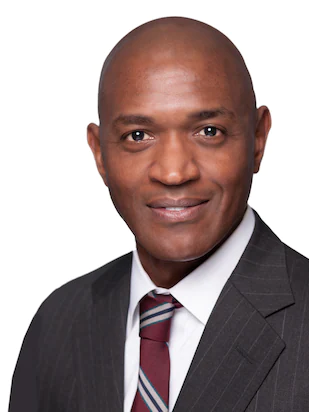
Cancer Clinical Trials: 2 RCCA Oncologists Separate Fact from Fiction
Iron deficiency and the anemia that can result from it are serious conditions Learn more from Regional Cancer Care Associates
HIPAA Alert: Potential Data Breach Learn More
Questions on Oncology, Hematology and/or Infusion Clinical Services due to COVID-19 Crisis – CALL 833-698-1623
Important Information for Our Patients Regarding the Coronavirus.
RCCA Providing Area Cancer Patients with Access to Care During Coronavirus Outbreak
RCCA Offering Patients Virtual Visits During Coronavirus Pandemic
Providing a personal, community-based approach to cancer care is an integral part of how Regional Cancer Care Associates treats its patients. So, it should come as no surprise that RCCA and Community Oncology Alliance (COA) Patient Advocacy Network (CPAN) have created a partnership that will lead to RCCA/CPAN chapters in New Jersey, Maryland and Connecticut.
CPAN is a nationally recognized patient advocacy group that gives patients and their advocates a voice among oncologists, nurses, health care administrators and all levels of government.
RCCA and CPAN launched the first of several chapters during an event ON May 17, 2018 at RCCA’s Sparta office. The event featured speakers, including Terrill Jordan, president, CEO of RCCA. Jordan recently spoke with NJ Advance Media about the RCCA /CPAN partnership, and what it means for patients.

Q: How does this partnership reflect the goals of RCCA?
A: It’s an extension of the practice in many ways. Our patients, caregivers and family members need a voice that goes beyond treatment to ensure access to care. It’s a chance, through local, regional, state and federal levels, to make sure their interests are heard and that changes to health care are made in a way that suits them.
What this allows us to do is start local chapters in the geographic footprints of our offices, allowing patients, former patients, caregivers and advocates to join in the struggle to maintain access to high quality cancer care. The local chapter will work with them and give access to meetings with COA, where they will be able to participate and make their voices heard, talk about changes to health care, and how to meet the needs of patients.
Q: How has CPAN given voice to patients and patient advocates?
A: It gives them a voice on a national stage, one they wouldn’t have were it not for CPAN. There are patients who come from various chapters of CPAN from throughout the country to speak with their representatives on Capitol Hill in Washington, D.C. about access to health care, health care costs, consolidation and how it affects them and their families.
Q: How did this relationship come about?
A: We are a member of COA, and in that alliance we had heard about patient advocacy and how many chapters CPAN had throughout the nation, and we were excited about it. I had the opportunity to sit with a patient and we started chatting about how excited she was to have her voice heard by federal and state politicians. Patients get to attend those meetings and offer comments and their points of view. That dialogue inspired me and I thought our patients probably want to voice their concerns and make sure their positions about access to care are heard, too.
Q: Does RCCA have its own advocacy programs?
A: We provide patient advocacy, but that’s usually geared toward the immediate needs of a patient. We have financial advocates who help patients find resources to cover the cost of treatment and, in some cases, their daily living expenses during treatment.
Q: How will CPAN enhance the existing advocacy efforts of RCCA?
A: This chapter will be located in a clinic where we already had former patients and their families engaged in informal advocacy. The patients in and around that clinic have been very active and involved, so this has allowed us to formalize their engagement and give them real tools to push their advocacy to a new level. It’s an extremely energized group. We have similar types of informal groups of patients at many of our other clinics. This is another outlet for those in the local community to get involved.
For more information or to schedule an appointment,
call 844-346-7222. You can also schedule an appointment by calling the RCCA location nearest you.

Iron deficiency and the anemia that can result from it are serious conditions Learn more from Regional Cancer Care Associates

Iron deficiency and the anemia that can result from it are serious conditions Learn more from Regional Cancer Care Associates

The outlook for treating and preventing cervical cancer is brighter thanks to new treatment options. Learn more from Regional Cancer Care Associates.

Regional Cancer Care Associates is one of fewer than 200 medical practices in the country selected to participate in the Oncology Care Model (OCM); a recent Medicare initiative aimed at improving care coordination and access to and quality of care for Medicare beneficiaries undergoing chemotherapy treatment.